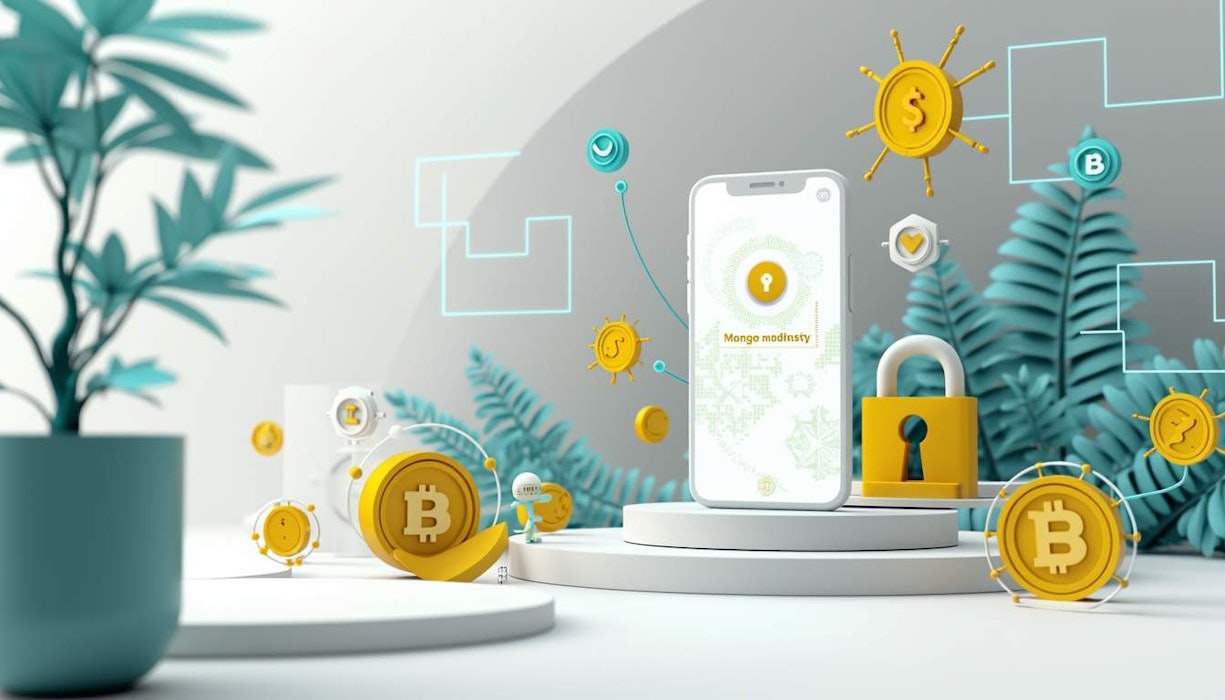What is Decentralized Identity and Why is it Important?
Q: Can you explain what decentralized identity is?
A: Decentralized identity refers to a digital identity system that allows individuals to control their identity using blockchain technology. Unlike traditional systems, which are centralized and vulnerable to data breaches, decentralized identity enables users to manage their personal data in a secure and independent manner.
Q: What makes decentralized identity important?
A: Decentralized identity is crucial for protecting personal information in an increasingly digital world. It enhances privacy, reduces reliance on third parties, and aims to mitigate the risks of identity theft and fraud. As more of our lives move online, the need for secure and trustworthy identity verification becomes paramount.
How Does Decentralized Identity Enhance Security and Privacy?
Q: In what ways does decentralized identity improve security?
A: By utilizing blockchain technology to store identity information, decentralized identity systems offer a tamper-resistant solution. This means sensitive data is less likely to be exposed through mass breaches, as information is not concentrated in a single location.
Q: How does decentralized identity enhance user privacy?
A: Decentralized identity gives users control over their personal data, reducing the need to share it with multiple platforms. Users can choose when and with whom to share their information, enhancing their privacy in the process.
What are the Benefits for Small Businesses in Latin America?
Q: How might decentralized identity benefit small businesses in Latin America?
A: Decentralized identity platforms can potentially revolutionize cross-border payments for small businesses in Latin America by enhancing security, ensuring compliance, and promoting access to financial markets. This can lead to reduced transaction costs and improved efficiency in international trade.
Q: How does it impact financial inclusion for these businesses?
A: These platforms can facilitate access to banking services for small businesses and individuals in rural areas, promoting financial inclusion where traditional banking services are scarce.
How Can Decentralized Identity Protect Savings in Hyperinflationary Economies?
Q: How could decentralized identity solutions help protect savings in hyperinflationary economies?
A: While primarily focused on identity security, decentralized identity systems can indirectly assist in managing savings in hyperinflationary economies by enabling secure access to global financial services and markets.
Q: Are there benefits to financial inclusion in these economies as well?
A: Yes, decentralized identity can enhance financial inclusion by allowing individuals to create their own economic identity, particularly in environments where local currencies may not be trusted.
What are the Risks of Reduced Online Anonymity?
Q: What are the risks associated with reduced online anonymity due to decentralized identities?
A: Reduced online anonymity could lead to increased harassment of marginalized groups if required to use real names. Moreover, the potential for data leakage and privacy concerns increases when real identities are linked to online activities.
Q: How does it affect compliance with current regulations?
A: Decentralized identity systems must navigate complex data protection laws, and failure to do so could expose users to regulatory risks and data vulnerabilities.
How Does Decentralized Identity Impact Remote Freelancers?
Q: What advantages does decentralized identity provide remote freelancers?
A: Decentralized identity solutions can give remote freelancers more control over their financial transactions and personal information, all while enhancing security and compliance.
Q: What specific benefits do freelancers gain?
A: Freelancers can expect increased autonomy over their financial information and a smoother experience across payment platforms, all without sacrificing privacy or security.
Summary
The acquisition of Trinsic's decentralized identity assets by Dentity could signal a new direction for digital identity. While it promises enhanced security, privacy, and compliance, the implications for marginalized communities and regulatory landscapes remain to be fully understood. As the landscape of online identity continues to evolve, the impact of these changes will be crucial for both individuals and businesses navigating the digital world.
